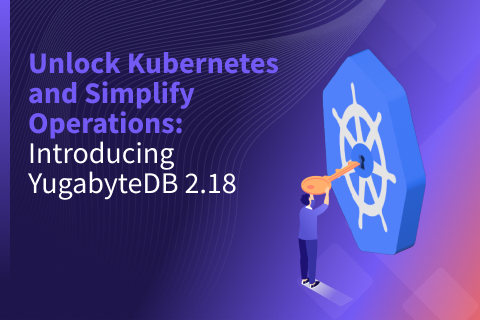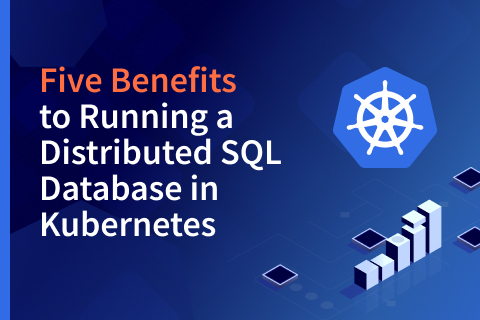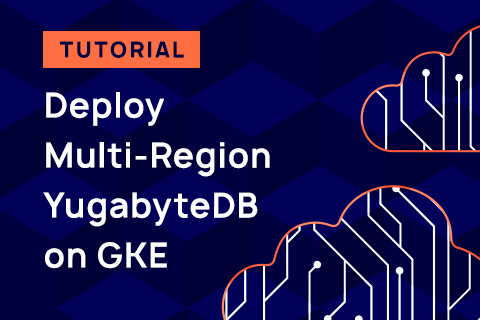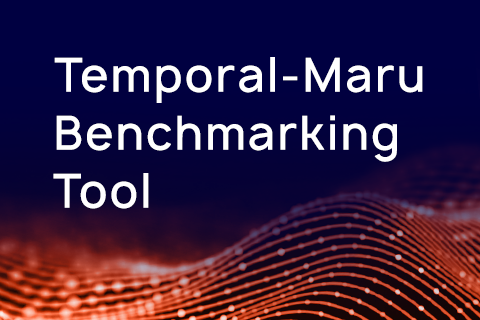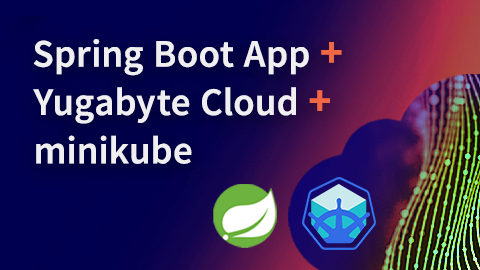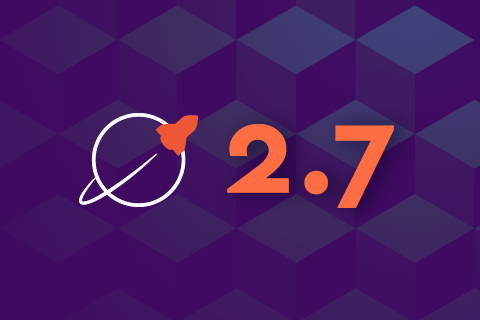How to Run YugabyteDB Anywhere on Oracle Cloud
Oracle Kubernetes Engine (OKE) is built on top of Oracle Cloud Infrastructure (OCI) and offers a complete stack of high-performance infrastructure designed for resource-intensive workloads. YugabyteDB’s scalability and high availability make it the ideal solution for optimizing workloads in Oracle Cloud. In this blog, we walk through the steps required to install YugabyteDB Anywhere on OKE.




